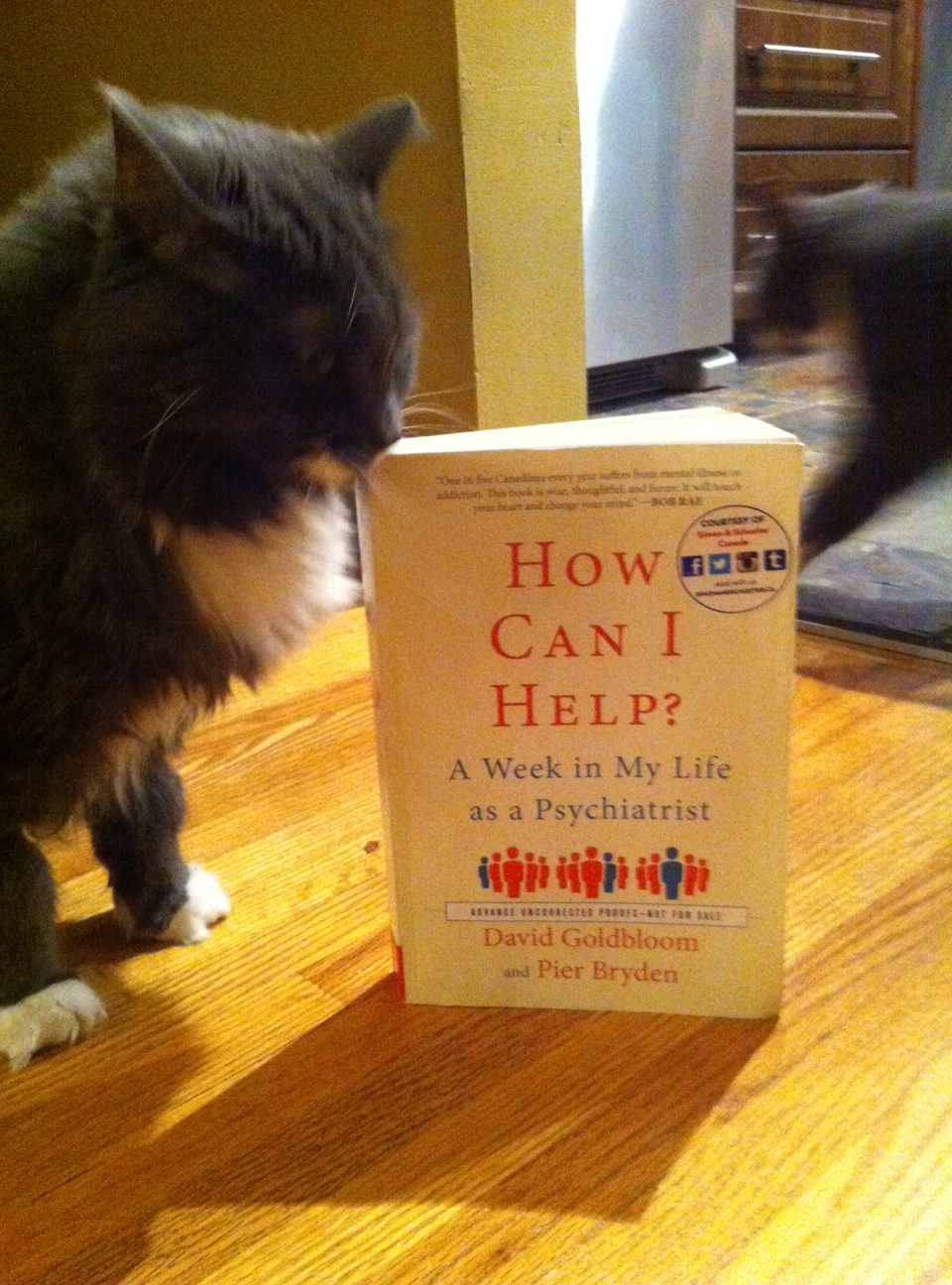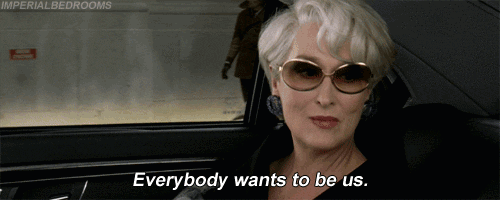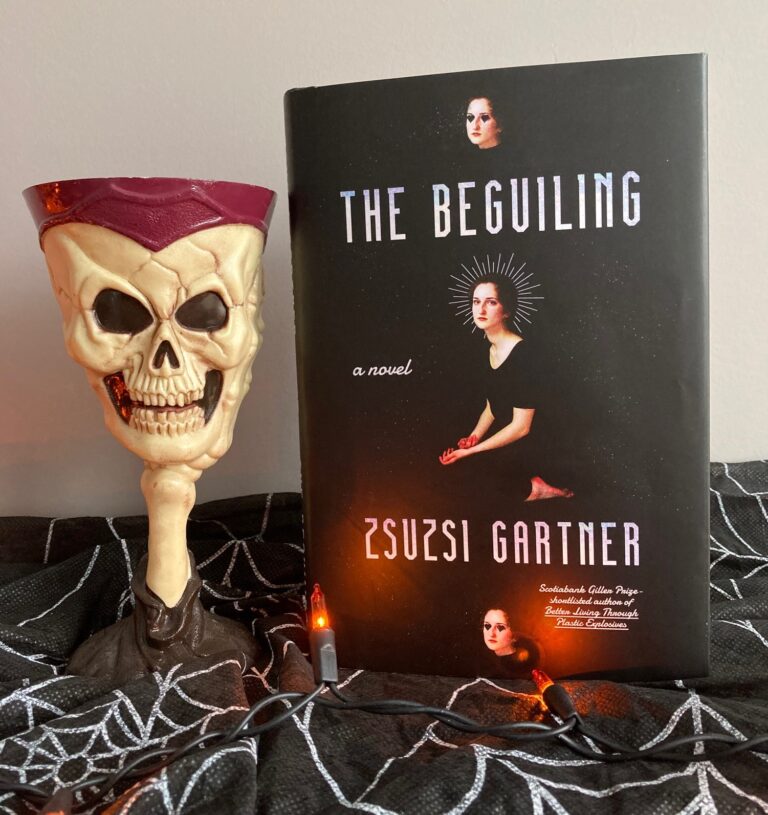Book Review: How Can I Help? by David Goldbloom and Pier Bryden

I just spent the weekend with a whole whack of doctors. Well, that’s not totally true, most of them were at the tail end of their formal training, but they had all chosen their disciplines and were ready and willing to talk about each arm of medicine and the pros and cons of each. Being a self-diagnosed recovering hypochondriac, I of course ate this up. You don’t have to cringe inwardly for me though, I resisted the urge to trot out any nagging health issues I had so I basically just asked career-oriented questions, and laughed along with them when they razzed each other for their choices. Honestly, I met so many people from Harvard that I was beginning to believe it was an easy to school to get into.
Anyway, this camaraderie between doctors was a welcome reminder of the book I had just finished reading, titled How Can I Help? A Week in My Life as a Psychiatrist by Dr. Goldbloom and Dr. Bryden. Similar to being part of a conversation, Goldbloom talks directly to the reader (with many funny jokes and asides thrown in), constantly comparing his life to other doctors, so you really do feel like you’re getting the inside scoop. From his reasoning to holding off on asking a resident to be his next squash partner, to lamenting the suicide of one of his long-term patients, Goldbloom is incredibly successful at drawing us in to his life.

Now I don’t want you to get the idea that is a fluffy read, because it really isn’t (how can it be, it’s about mental illness for god’s sakes), but Goldbloom makes this difficult subject highly palatable and fascinating. He is empathetic, but not painfully so, in fact I trusted him implicitly just by reading about his reactions and diagnoses based on his patient appointments. He seems reasonable, yet still very human. And he makes no apologies for the fact that he comes from a wealthy, privileged background, however this doesn’t prevent him from connecting to his patients that are anything but. He literally takes us through a week of his life, through his various shifts at hospitals, appointments with specific patients, and even his time administering ECT (electroshock therapy) to people.
My one qualm with this book is the detail he goes into when discussing the history of particularly treatments. In the author’s note he mentions that he tried to keep it as short as possible, and I’m sure to someone in the medical industry, the explanations would have been considered short. But for someone with the attention span of a regular episode of Brooklyn 99, it was much too long. That being said, I think this “week in my life” idea should become a series for other medical practitioners. I would love to hear about a week in the life of a dermatologist, just sayin’.





I really want to read this one — thanks Anne!
I will bring it to you on Friday!